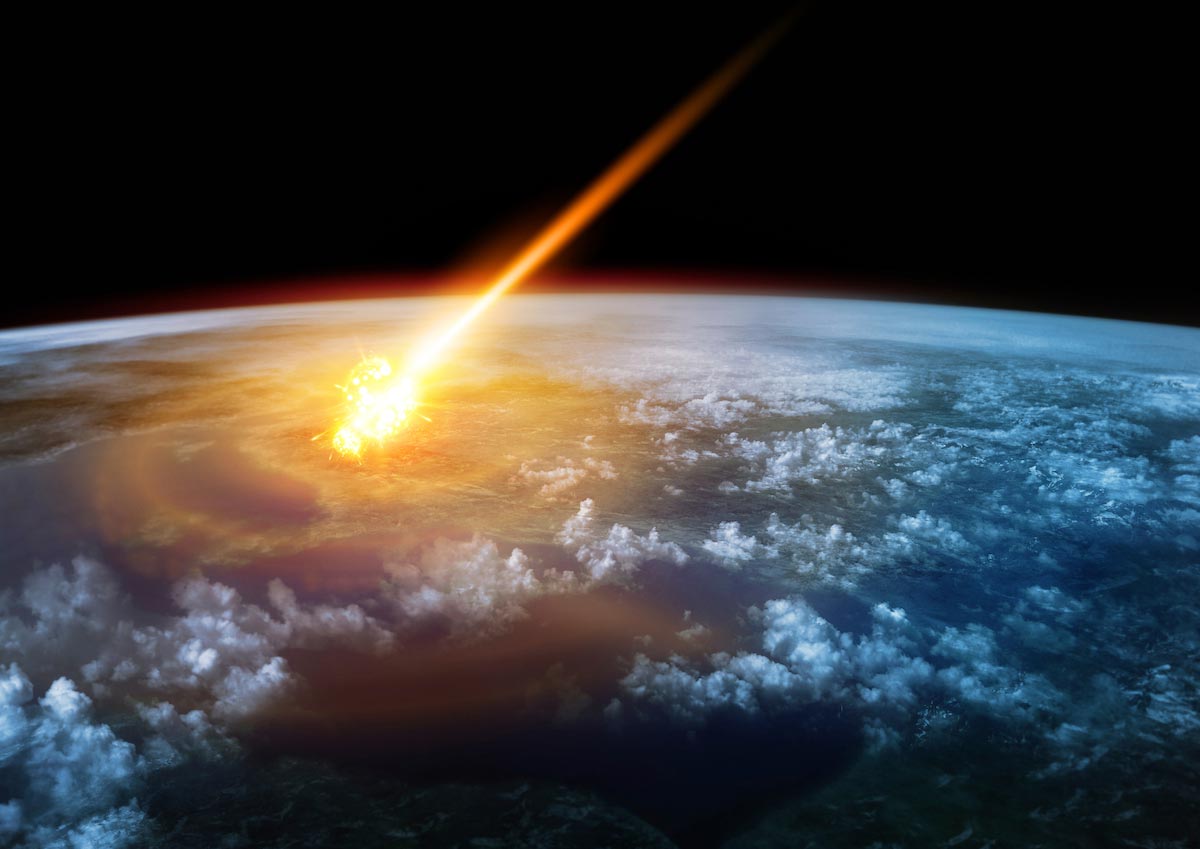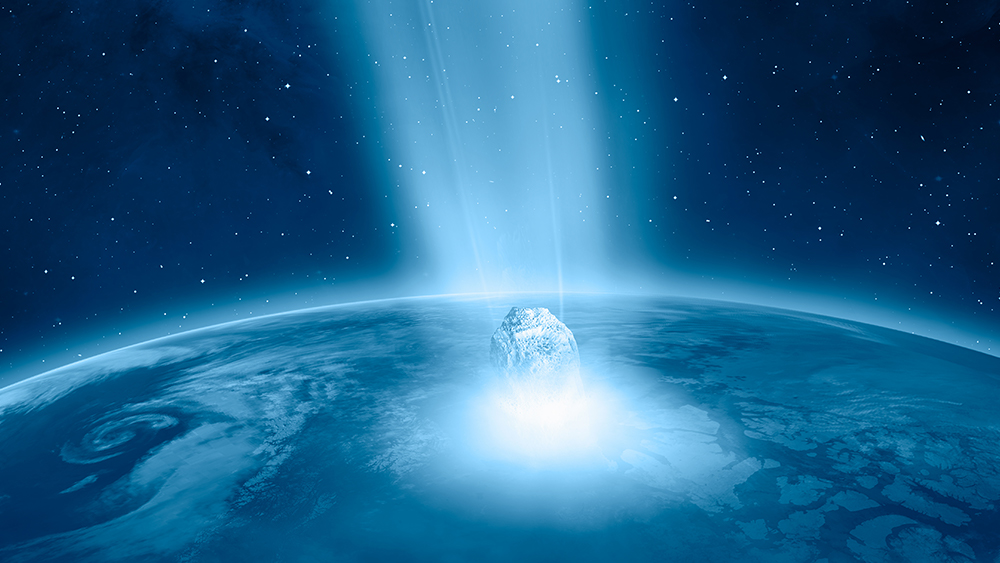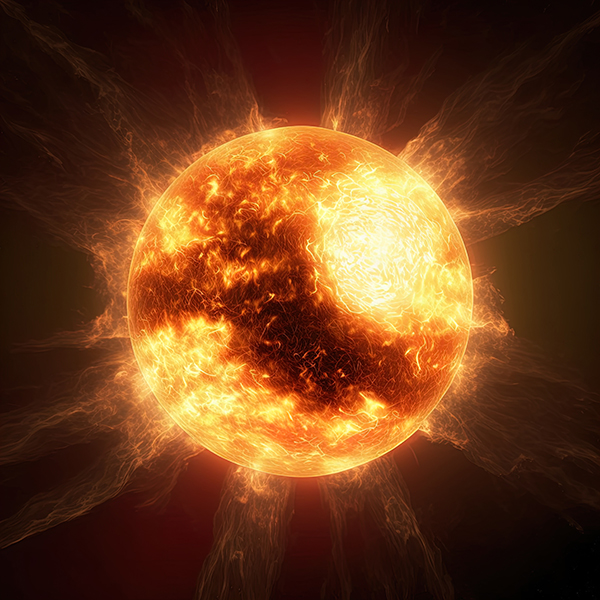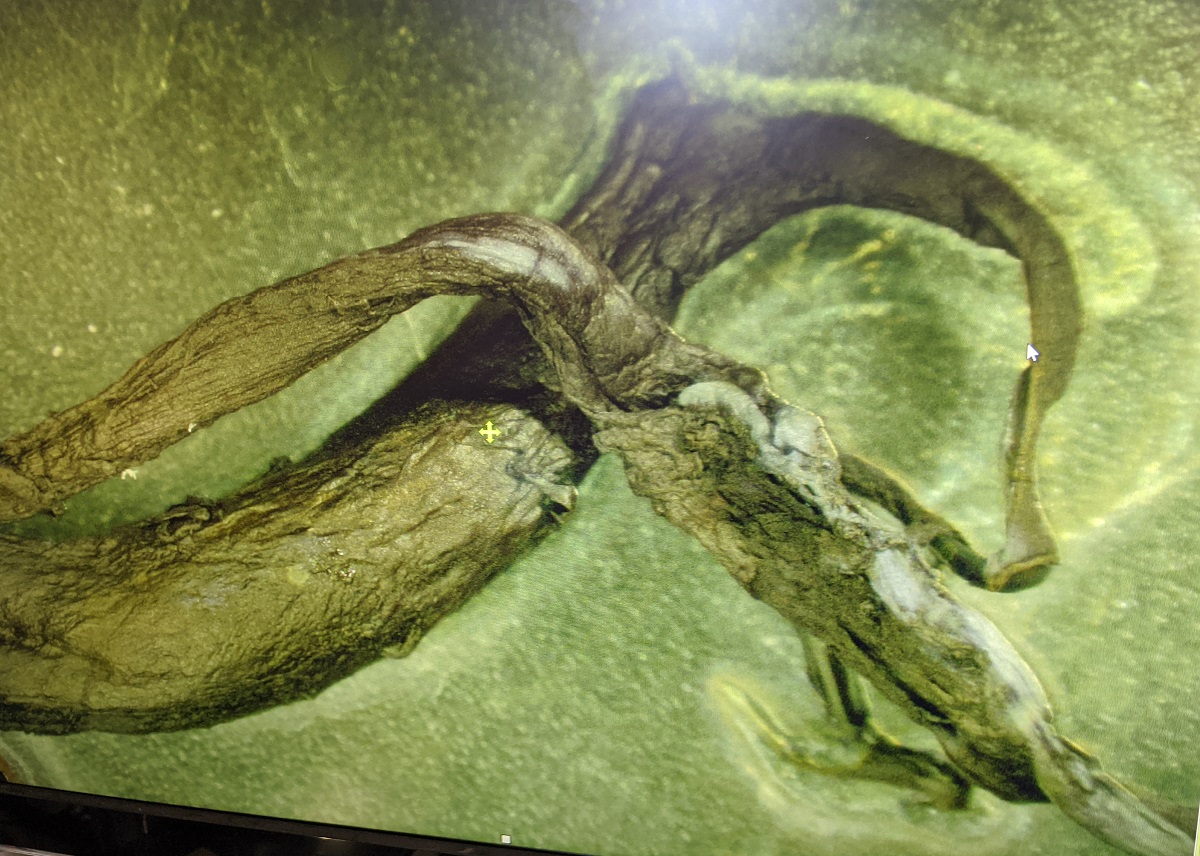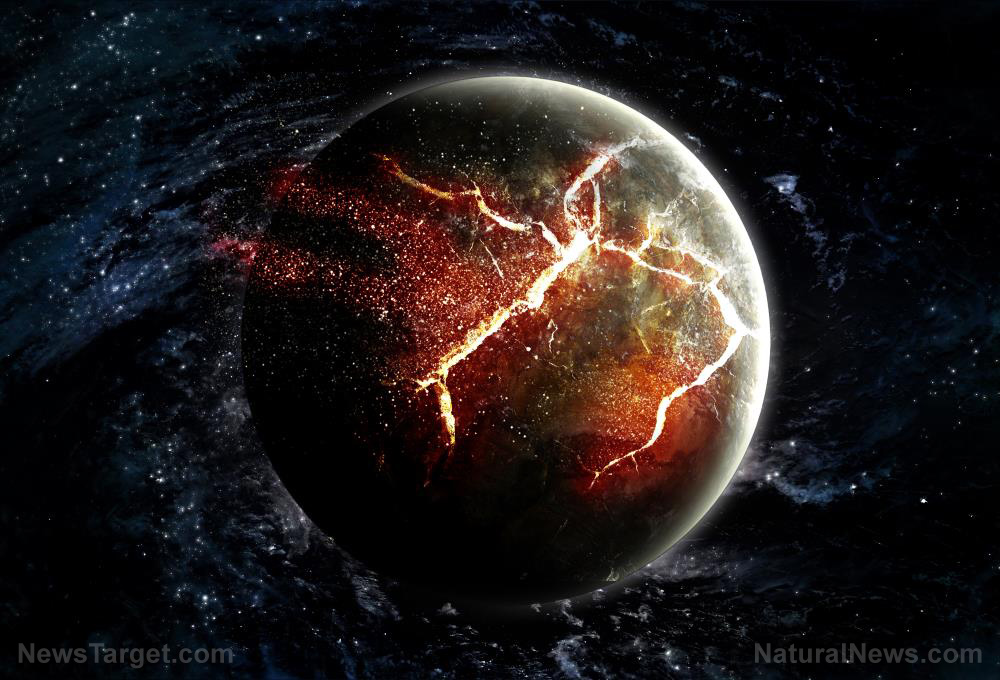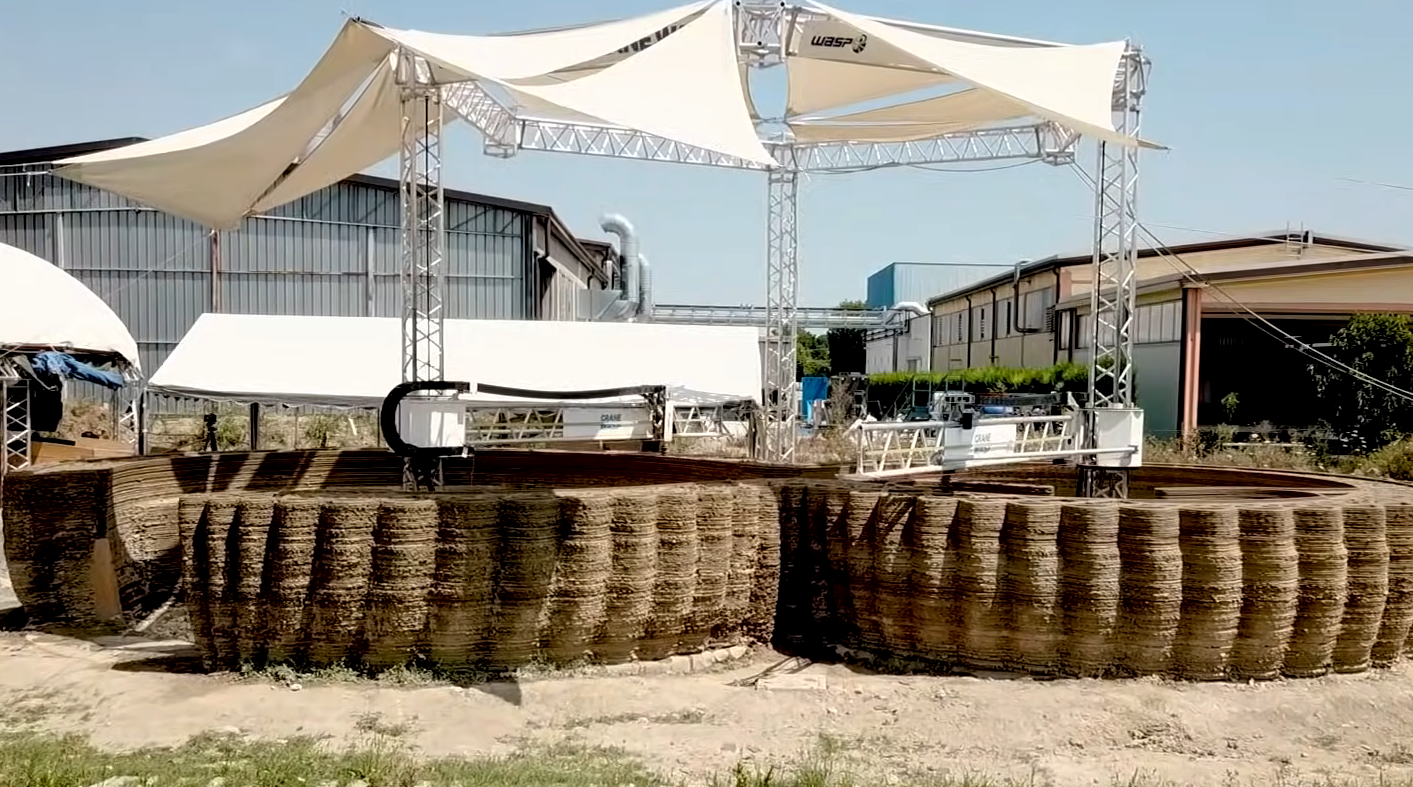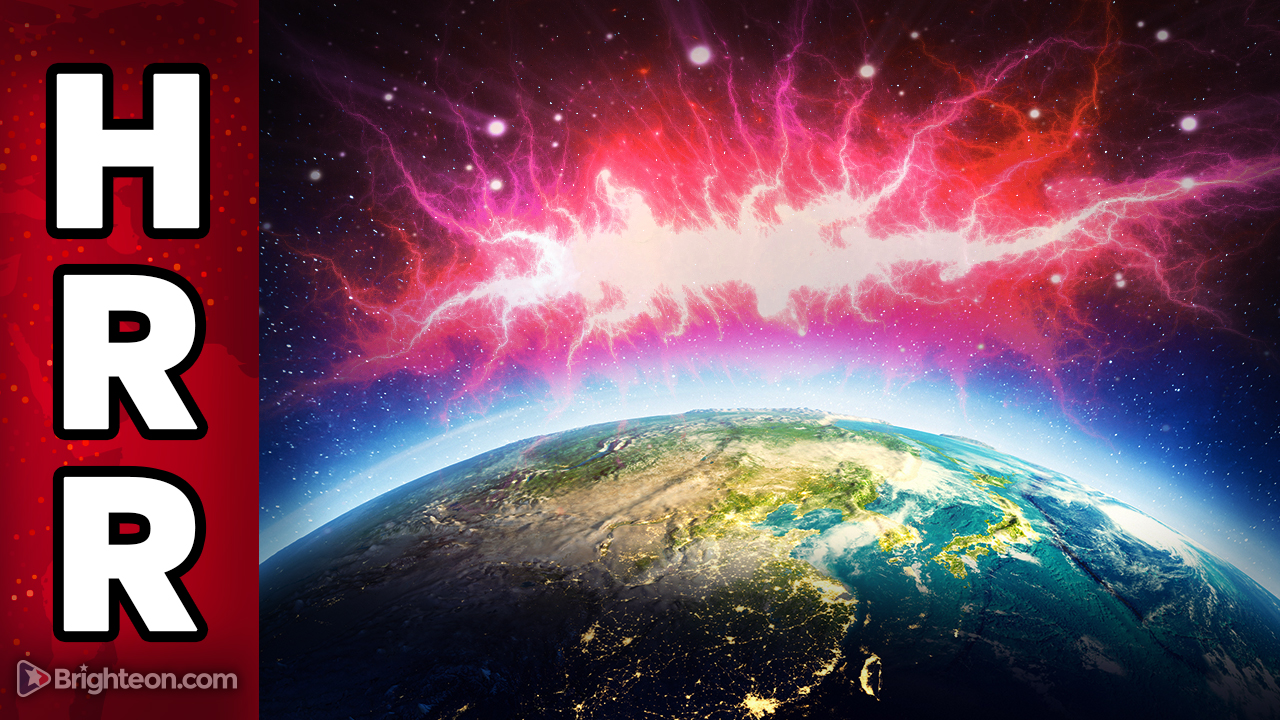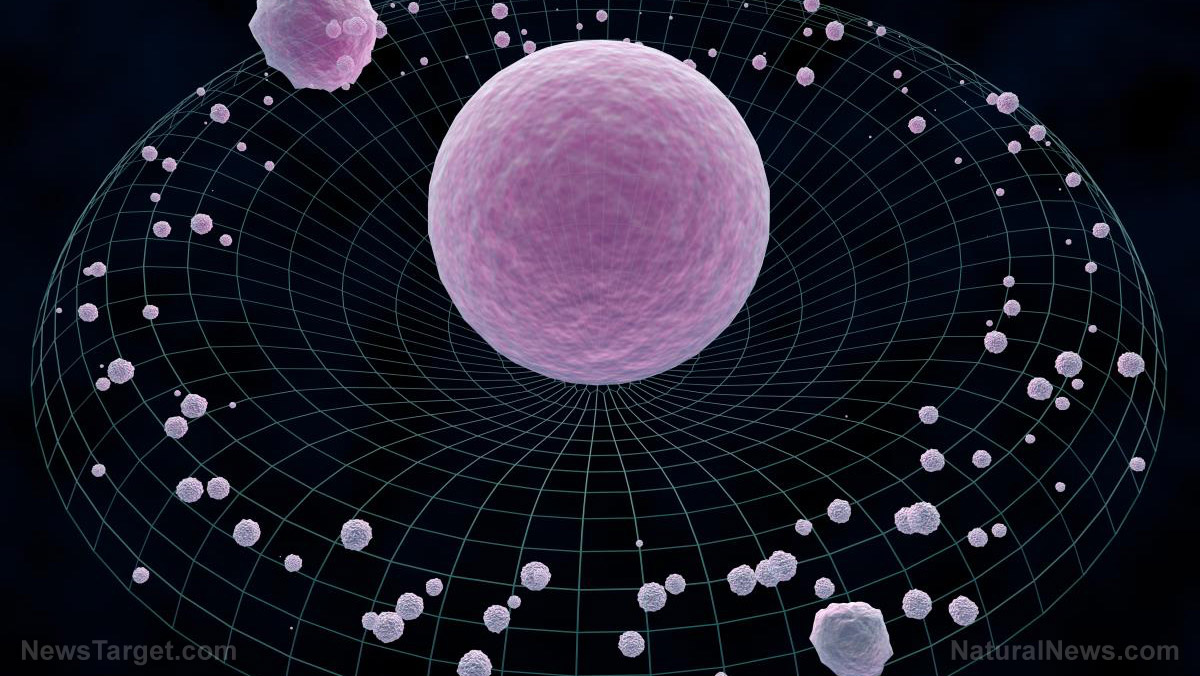Study on Mars suggests water has been present on rocky planets from the start
11/15/2020 / By Virgilio Marin

A recent study published in the journal Science Advances suggests that water may have emerged naturally on rocky planets instead of originating from asteroids or comets.
Researchers from France, Denmark and Japan studied a meteorite from Mars nearly as old as the solar system. Based on the rock fragments that constitute the meteorite, the researchers found that water, either in the form of liquid or ice, was already present on the Red Planet since its formation around 4.5 billion years ago.
Water found naturally in rocky planets
The origin of water on rocky planets has been a long-standing topic of debate among scientists. According to co-author Martin Bizzarro of the University of Copenhagen in Denmark and the University of Paris, one of the two leading hypotheses suggests that water was delivered to planets by water-bearing asteroids. Meanwhile, the other hypothesis contends that water emerged in connection with a planet’s formation, which means it occurs naturally on the planet. The study, according to Bizzarro, lends support to the latter hypothesis.
The researchers based their conclusion on a meteorite called Black Beauty. The meteorite is 4.45 billion years old and originates from the young Martian crust, which means it might offer unique insights into events that led to the solar system.
“It is a gold mine of information. And extremely valuable,” said Bizzarro.
Black Beauty was discovered in the Moroccan desert and sold for $10,000 dollars per gram. Bizzarro, with the help of some sponsors, managed to buy nearly 50 grams of the meteorite in 2017, crushing and dissolving 15 grams of the purchased sample for the study. Using a technique that allowed Bizzarro’s team to study Mars in its infancy, the researchers found that the Red Planet was hit with one or more massive asteroids early in its history.
The asteroid impact, according to lead author Zhengbin Deng of the University of Paris, generated waves of kinetic energy that released large amounts of oxygen into the air. Because water was the only plausible mechanism behind such huge oxygen emissions, the researchers posited that water was likely present on Mars for the first 90 million years of the planet’s existence. This predates the time when water-bearing asteroids are thought to have bombarded the planets of the inner solar system, including Mars and Earth.
“[The finding] tells us that water may be naturally occurring on planets and does not require an external source like water-rich asteroids,” said Bizzarro. (Related: NASA confirms water on sunlit areas of the moon.)
Young Mars potentially habitable
Another point of contention is how Mars could accommodate liquid water given its cold surface temperatures. The researchers suggest that the asteroid impact likely unleashed large amounts of greenhouse gases into the atmosphere, which at the time was comprised of enormous concentrations of carbon dioxide (CO2).
“[This] means that the CO2-rich atmosphere may have caused temperatures to rise and thus allowed liquid water to exist at the surface of Mars,” explained Deng.
The explanation points to the possibility that young Mars was habitable. Liquid water is a prerequisite for life, with the first known living cell believed to have emerged in water nearly 3.5 billion years ago. This cell eventually evolved into a multicellular organism.
The researchers are now doing a follow-up study to examine the microscopic water-bearing minerals found in Black Beauty. These ancient minerals remain unchanged since their formation billions of years ago, meaning they may offer further insights into the origin of water.
Cosmic.news has more studies about alien life.
Sources include:
Submit a correction >>
Tagged Under:
alien life, asteroid impact, asteroids, carbon dioxide, Chemistry, discoveries, Earth, Life on Mars, Mars, outer space, oxygen, physics, planets, red planet, research, rocky planets, source water, Space, water, water on Mars
This article may contain statements that reflect the opinion of the author
RECENT NEWS & ARTICLES
Physics.News is a fact-based public education website published by Physics News Features, LLC.
All content copyright © 2018 by Physics News Features, LLC.
Contact Us with Tips or Corrections
All trademarks, registered trademarks and servicemarks mentioned on this site are the property of their respective owners.


